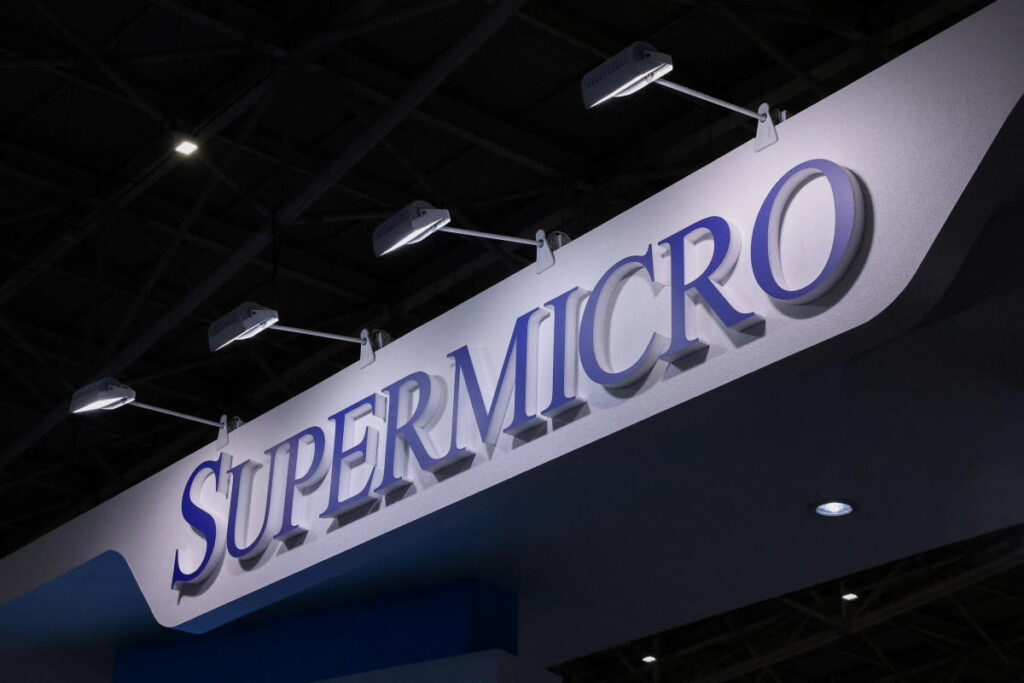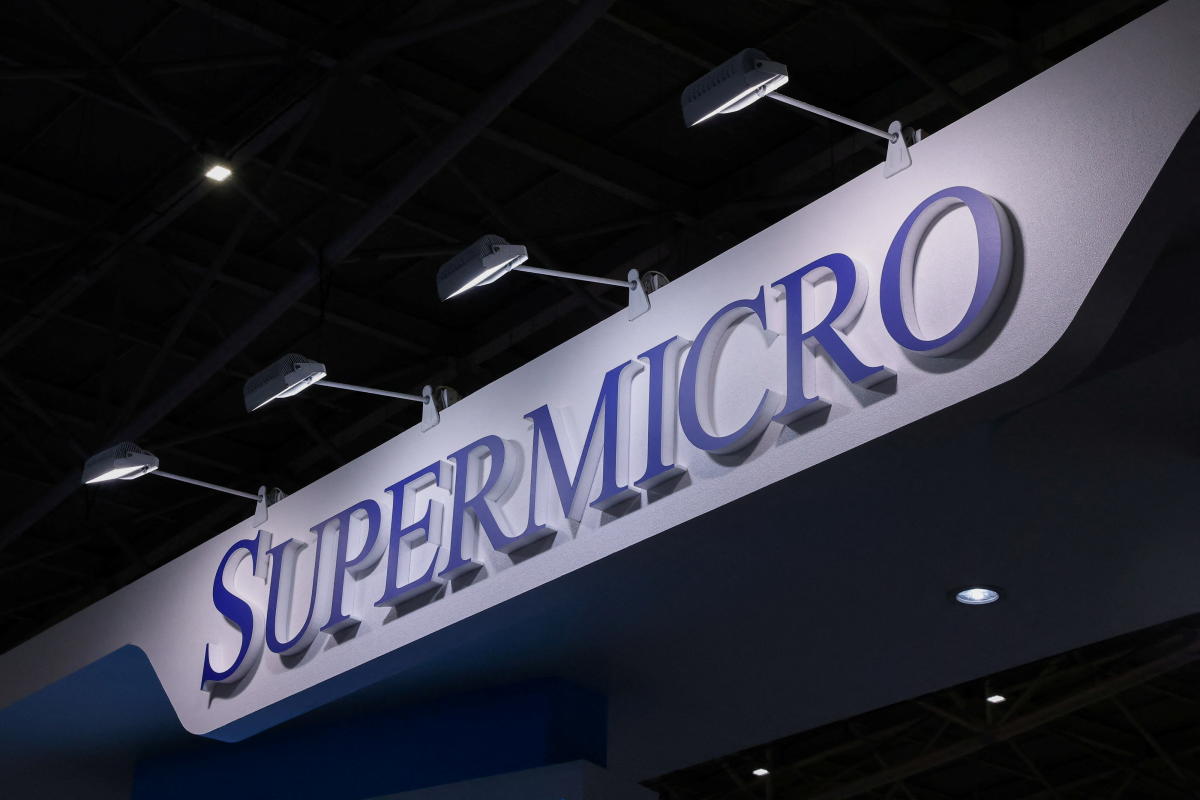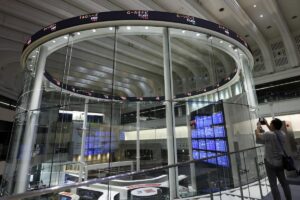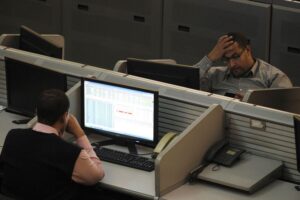Super Micro gives margin, profit forecast below estimates; volatile shares down 14%


(Reuters) -Super Micro Computer reported fourth-quarter adjusted gross margin below analysts’ estimates on Tuesday, as high costs associated with transitioning to newer AI chips weighed on the server maker’s profits.
Its shares, which have more than doubled this year on expectations of booming AI computing demand, swung wildly after announcements of the results and a stock split. They initially jumped 12% in extended trading before reversing course to trade down 14%.
The company also forecast profit below many Wall Street targets but guided first-quarter and annual sales above estimates.
“The initial aftermarket reaction was better than I thought it would be,” said Running Point Capital chief investment officer Michael Ashley Schulman. “The focus must have been on the higher than expected 2025 estimates, but as you dig through the numbers, all the actual misses and especially the much lower-than-expected gross margin may make portfolio managers question whether management can effectively and efficiently scale to handle the growth.”
An executive on a conference call with investors said that margins would return to a normal range before the end of fiscal 2025.
The company’s fourth-quarter adjusted gross margin was 11.3% compared to analysts’ average estimates of 14.1%, according to LSEG data.
It expects adjusted profit between $6.69 to $8.27 per share for the first quarter, the midpoint of which is below estimates of $7.58.
Analysts have questioned the company’s hefty spending on supporting a new generations of AI chips, such as those sold by Nvidia, and whether these would help cushion profit margins with high-enough price tags.
Still, the optimistic revenue forecast may also help allay some concerns of the AI rally tapering off, following disappointing results from large cloud providers including Microsoft and weak macroeconomic data that prompted a selloff in chip stocks last week.
Super Micro expects net sales between $6 billion to $7 billion for the first quarter, compared to analysts’ average estimate of $5.46 billion, according to LSEG data.
(Reporting by Arsheeya Bajwa in Bengaluru)








